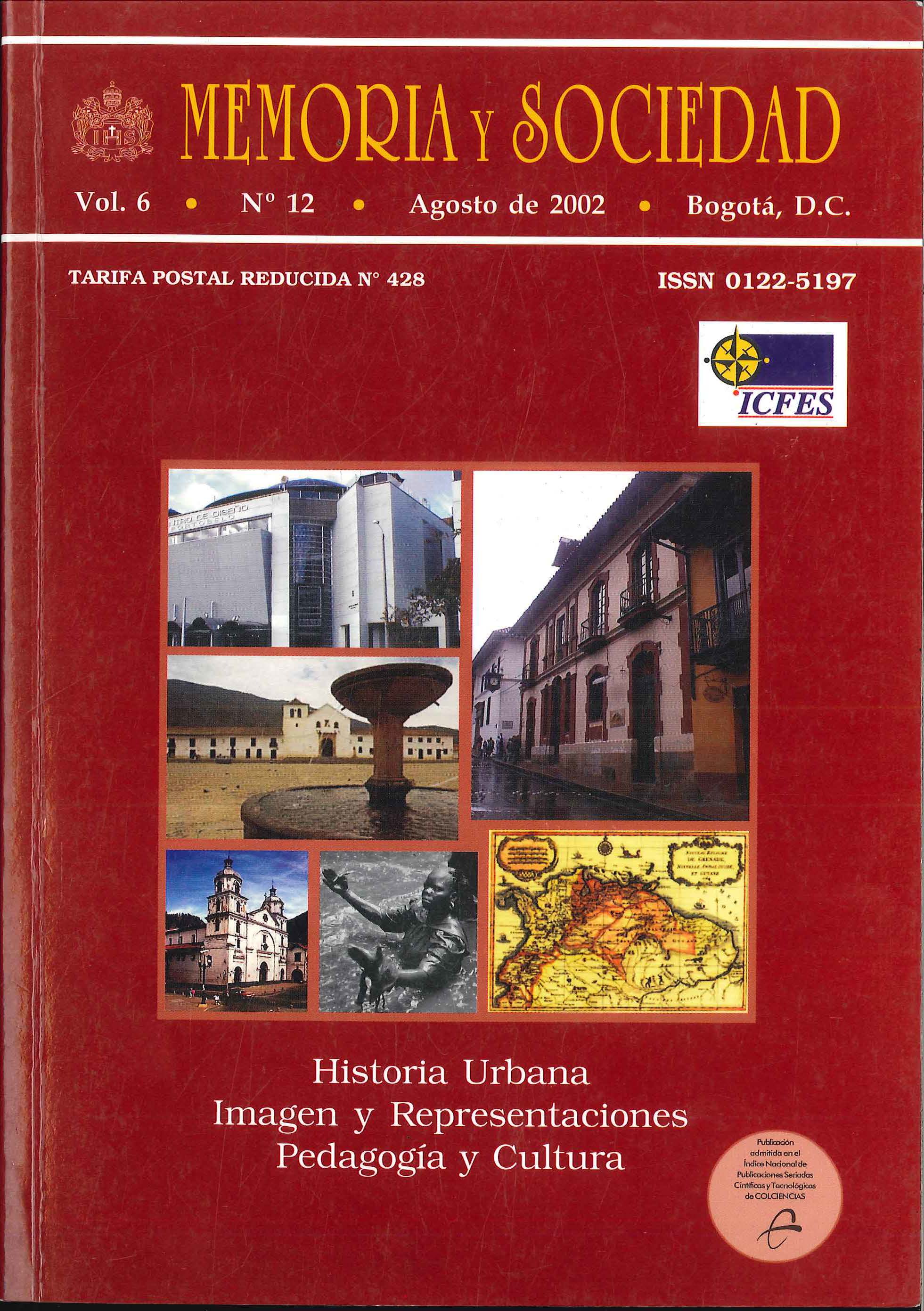Oficio de maestro, saber pedagógico y prácticas culturales en Colombia, 1870-2002
##plugins.themes.bootstrap3.article.details##
Abstract
This text deals with the tensions between the work of the teacher his/her status as intellectual, and the multiplicity of functions that have been assigned to the teacher by the various conceptions and practice of culture during the last two centuries in Colombia. The paper explores the subaltern statutes of the teacher through the character of "applicator" of knowledge and cultural ends that are applied through pedagogical knowledges as well as political-social projects; thus, three matrices can be traced to carry out the work of the teacher: the classic, the modern and the contemporary and the paper shows how -through hybridization- instead of the mutual substitution among these three "models", the teachers have constructed a rationality in terms of modes of being and active memory of their work. But, this has also produced a renewed sense of hierarchy in educative work, opposed increasingly by instructors and teachers, one as "theoretician" and the other "technician" of instruction. Thus, the paper proposes new analysis concerning the distinctive styles of the "theory-praxis" relationship that has made-up the actual countenance of the teacher and of contemporary Colombian culture.
Keywords
References
How to Cite
Saldarriaga Vélez, Óscar. (2014). Oficio de maestro, saber pedagógico y prácticas culturales en Colombia, 1870-2002. Memoria Y Sociedad, 6(12), 121–149. Retrieved from https://ojspuj.repositoriodigital.com/index.php/memoysociedad/article/view/7750
Section
Artículos


